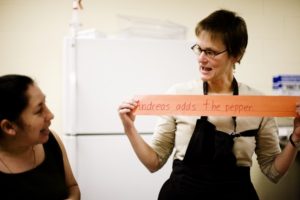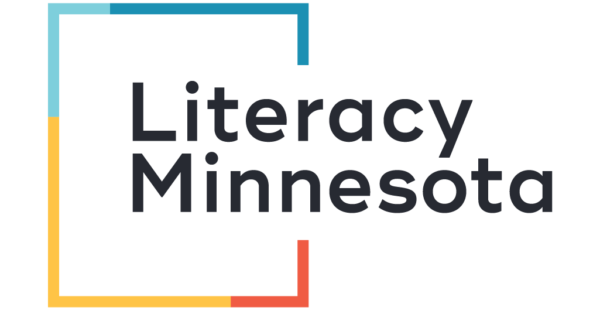Resources for Literacy & Language & More!
Katrina Benson, John Trerotola, and Kristine Kelly facilitated a "Conversations by the Copier" session at this year’s Language & Literacy Institute. Educators from across the state came together to name their go-to tools and compare what’s working for learners at all levels. The conversation moved quickly, but clear themes emerged around digital literacy, reading resources, hybrid teaching, and meaningful assessment options. Read More

 Evidence-Based Reading Instruction or EBRI is a set of practices proven to increase the reading achievement of a particular student population (including children, adolescents, and adults).
Evidence-Based Reading Instruction or EBRI is a set of practices proven to increase the reading achievement of a particular student population (including children, adolescents, and adults).
